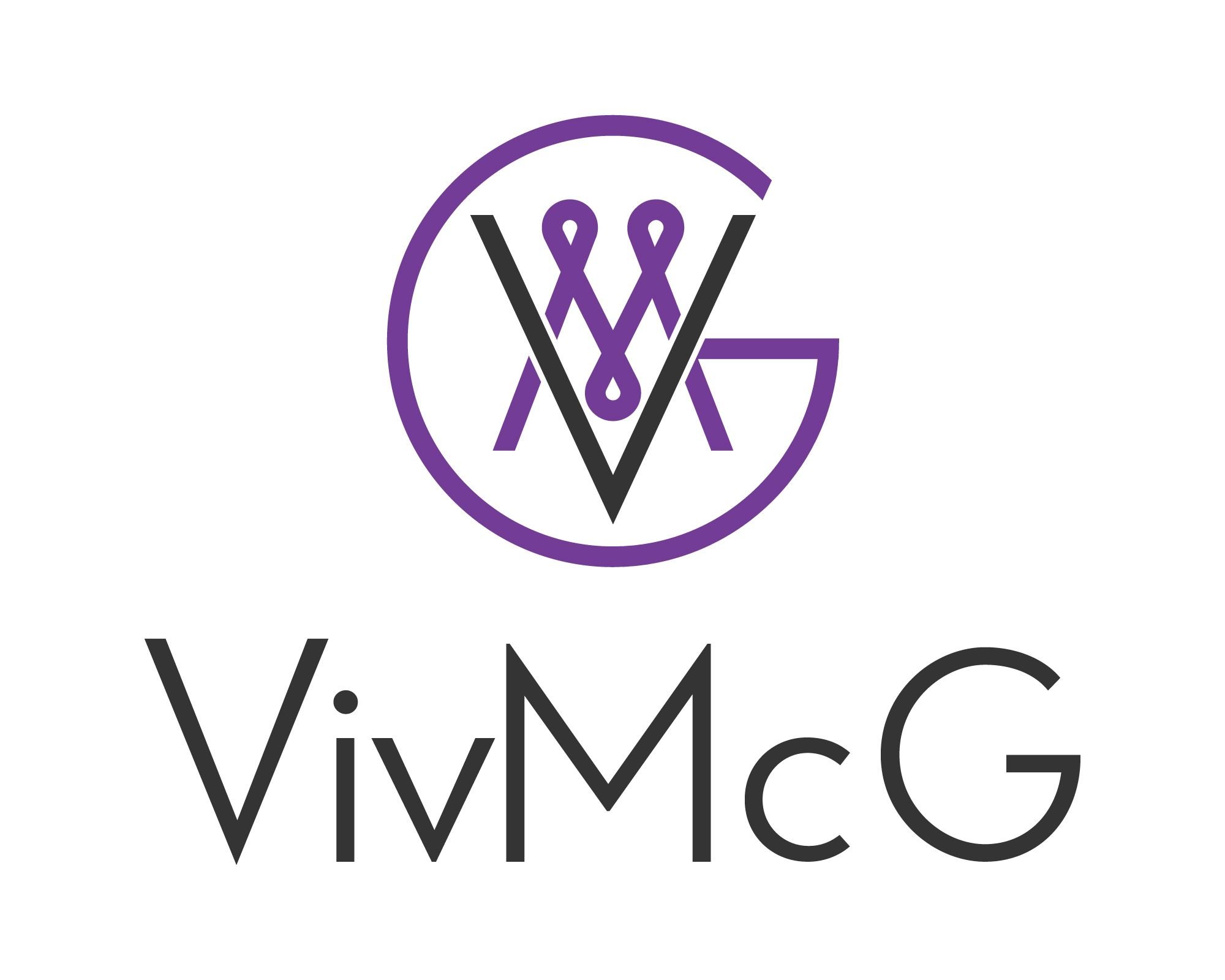top 8 tips to slow down the appearance of wrinkles
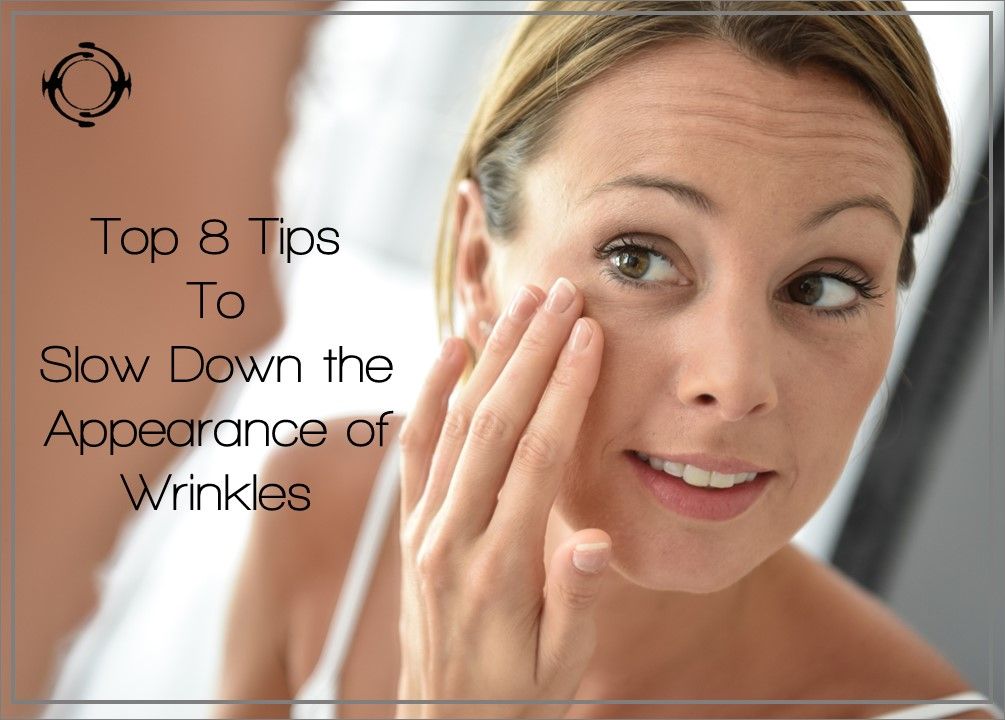
Wrinkles. We all
get them. They’re a natural part of life and aging and something, I believe, we
shouldn’t be ashamed of. They add character and definition to an aging face and
are evidence of a life well-lived.
In saying that… I
don’t want to sport too many wrinkles too soon so whilst I’m all supportive of aging
naturally and gracefully, I also don’t want to age too fast.
Thankfully there
are some simple steps you can take that will slow down the appearance of fine lines
and wrinkles.
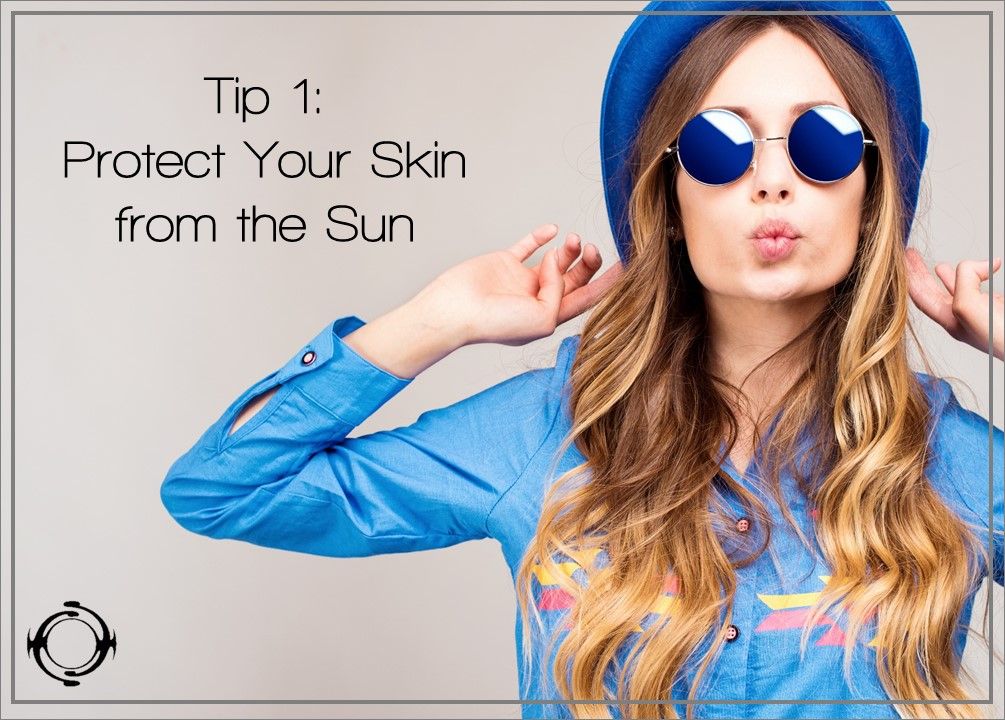
Tip 1: Protect Your Skin from the Sun
Slap on sunscreen with
an SPF of at least 15, approximately 30 minutes before you go outside. And do
this all year round, not just in the summer months. Whilst the sun may be higher
and stronger in the summer months and more of our skin is exposed to it because
we shed our clothes, it is every bit as important to slap on the sunscreen
during the cold winter months too, especially if your skin is exposed to the
glare and reflection of snow.
Also protect the thinner
and more delicate skin round your eyes from the sun and its UV rays by wearing
sunglasses. Again in both the summer and winter months, especially if you’re up
in the snow-capped mountains.
And, finally,
avoid sunbeds. Whilst you may not be exposing your skin to the sun’s rays in a
tanning studio, you’re still exposing it to UV radiation which may be even
worse than that of the sun.
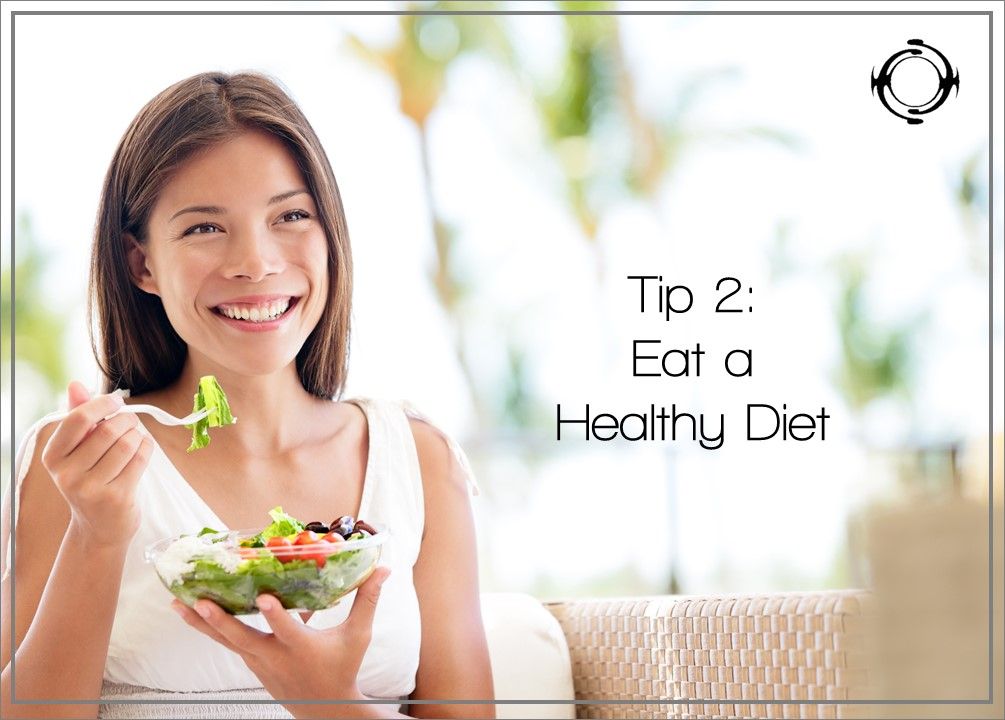
Tip 2: Eat a Healthy Diet
It is recommended
that we each eat at least 10 portions of fruit and vegetables every day to
attain enough nutrients, minerals and vitamins. You may often have heard that
we should also eat a rainbow of fruit and vegetables each day. This just isn’t to
entertain our eyes and make the varied food we eat more appealing. Each
differently-coloured food attracts a different quality. For example,
blue/purple foods are high in anti-oxidants which fight the free radicals
(oxidants) that can age and damage our skin.
Additionally it is
important to include essential fatty acids, such as Omega-3, into your diet. Good
examples of food high in essential fatty acids include almonds, extra virgin
olive oil, salmon, and eggs. Not only do these healthy fats reduce fine lines
and wrinkles, but they also reduce clogged pores and the production of
inflammation.
The right foods
have a fabulous ability to slow down the aging process as they are packed full
of antioxidants, vitamins, and minerals that help your skin stay plump, healthy
and hydrated, thus reducing the appearance of wrinkles.
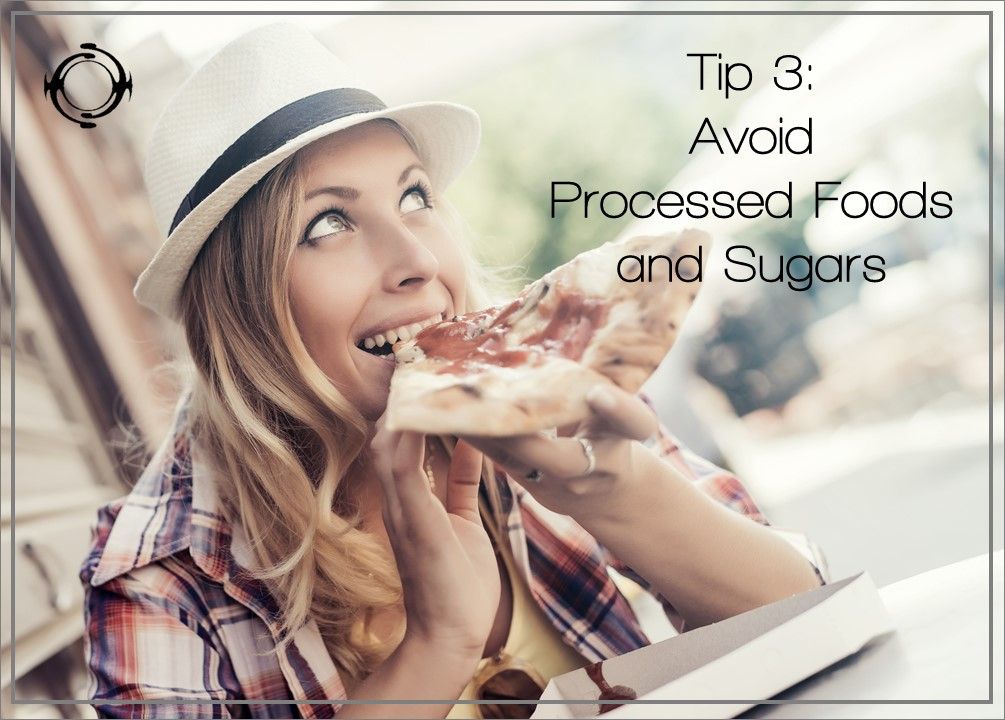
Tip 3: Avoid Processed Foods and Sugars
Processed food and
sugars can cause inflammation in your body which can lead to an increase in
fine lines and wrinkles, thus causing you to age faster.
Additionally,
processed foods tend to be high in salt which is particularly bad for your skin
as it causes your tissues to swell making your skin look puffy and unhealthy, and
it can irritate and worsen acne.
Sugars are one of
the most aging ingredients we eat. Too much sugar not only speeds up your body’s
production of wrinkles but it also leaves your skin looking dull and lacklustre.
This is because it damages the collagen and elastin in your skin which keep
your skin plump and looking youthful.
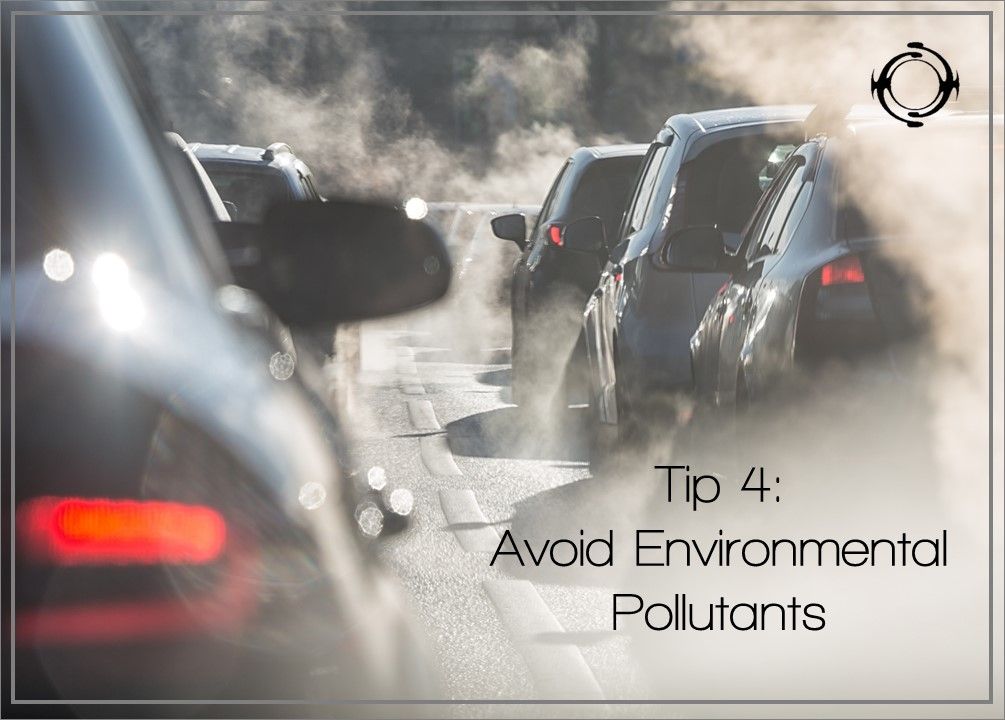
Tip 4: Avoid Environmental Pollutants
Unless you live in
Utopia where there are no pollutants, you’ll struggle to avoid the many environmental
pollutants that our skin is exposed to daily, such as car fumes, smoke, dust.
A study published
in the Journal of Investigative Dermatology, which spanned 24 years compared the
skin of women living in rural areas compared to those who lived in the city.
The study found that those who lived in the city and were more exposed to
pollution showed increased dark spots on their skin as well as wrinkling.
The microscopic
specks of pollution don’t just sit on your skin, they penetrate into the deeper
layers of the epidermis to cause inflammation, dehydration, and loss of
elasticity and firmness.
To keep the effect
of pollutants to a minimum on our skin, be sure to cleanse your skin after
exposure to pollution, up your intake of anti-oxidants which fight free
radicals and pollutants, and wear sunscreen to create a protective barrier for
your skin.
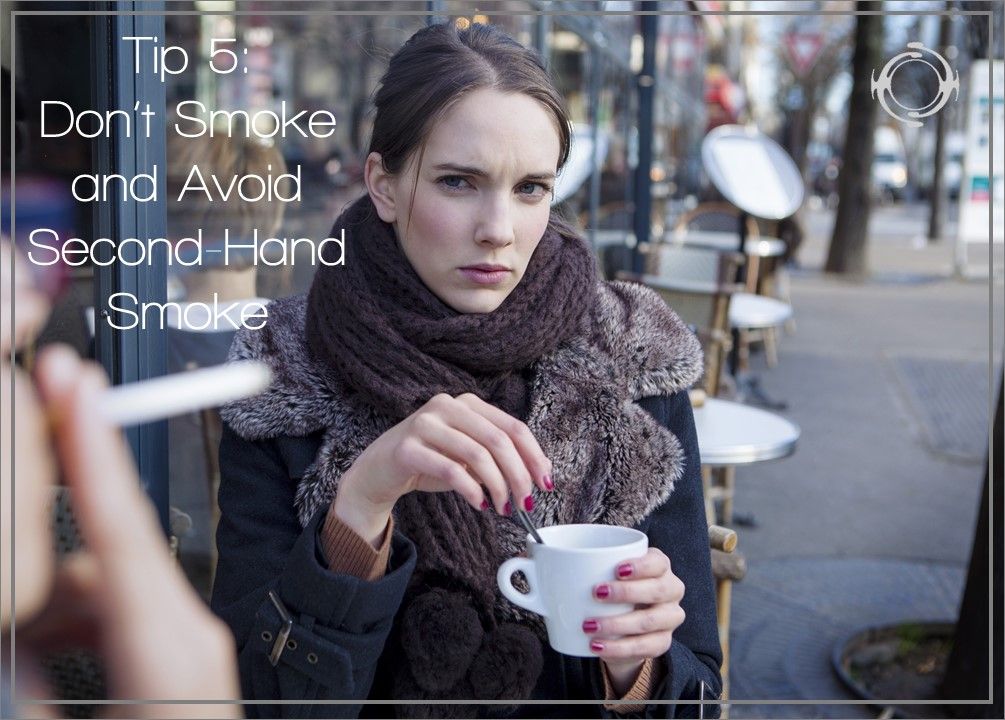
Tip 5: Don’t Smoke and Avoid Second-Hand Smoke
The detrimental
effects of smoking on our body are well publicised and scientific research over
the last few decades has proven that smoking is simply dangerous to our overall
health and well-being. We are all too well aware nowadays that smoking can
cause many internal cancers such as lung cancer.
It also has a
negative on our skin. Not only does it age our skin faster by increasing the
number of free radicals in your body (one of the primary contributors of aging)
and creating wrinkles, especially noticeable around the mouth, but scientific
research has also recently proved that it can cause skin cancer too.
A study showed
that smokers are three times more likely to develop skin cancer than
non-smokers, even if they only smoke a few cigarettes a day. It is suspected
that smokers’ increased risk to skin cancer is attributable to tobacco’s
harmful effect on the immune system. People with damaged or suppressed immune
systems are more likely to develop skin cancers than those with healthy immune
systems.
And even if you,
yourself, don’t smoke, your skin could still be harmed by second-hand smoke.
The components of second-hand smoke are much more concentrated than those of
first-hand smoke which means that even if you are not directly inhaling the smoke,
it could still negatively impact your body and skin.
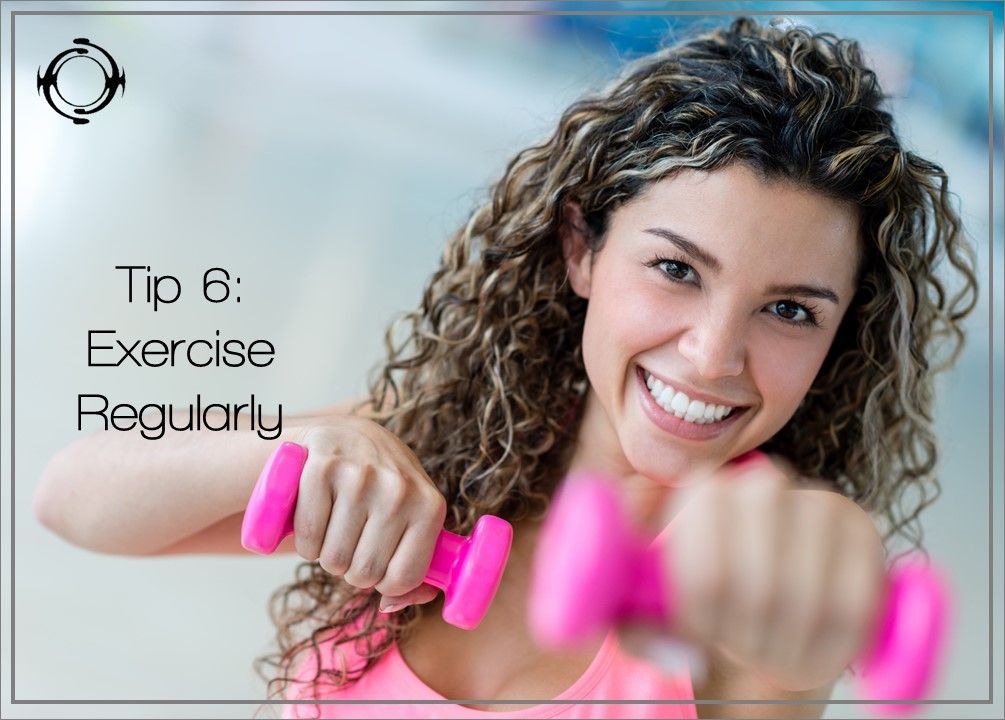
Tip 6: Exercise Regularly
Research published
in the Preventative Medicine journal in April 2017 reviewed findings on data
taken from over 5,000 people between 1999 and 2002. Prof. Larry Tucker,
exercise science professor at Brigham Young University, concluded that there
were significant differences between
people who did regular exercise and those who did not.
Indeed he
concluded that adults with a high level of exercise had a ‘biological aging
advantage’ of a staggering 9 years compared to adults who followed a more sedentary
lifestyle.
Exercise is known
to reduce inflammation and stress levels, both of which increase the signs of
aging.
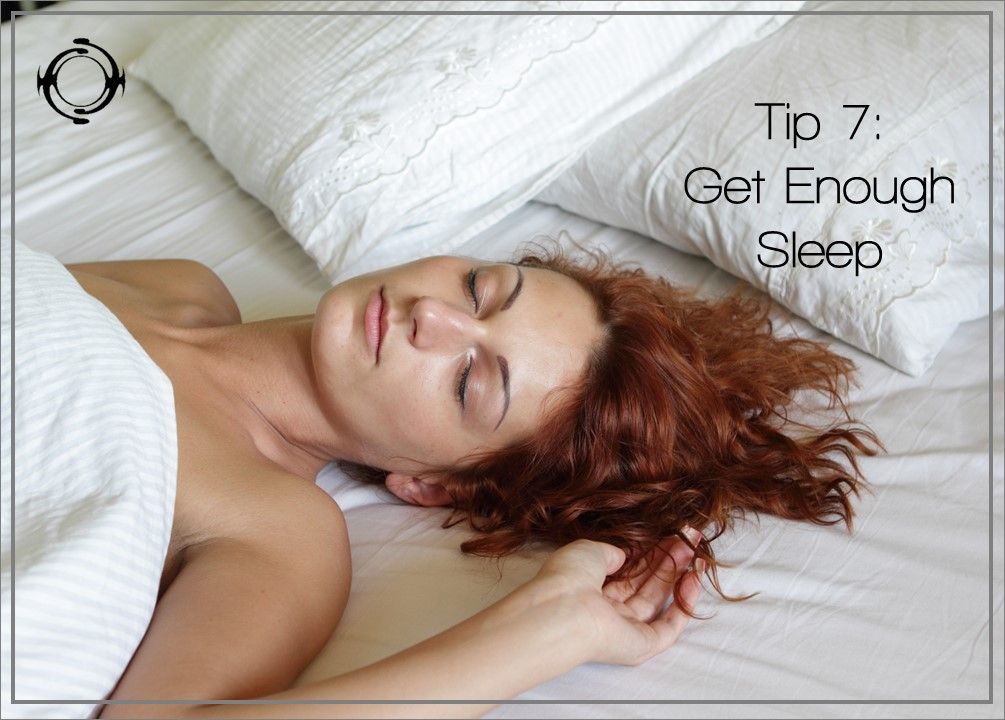
Tip 7: Get Enough Sleep
Getting a good
night’s sleep is important for our overall health and well-being, and it also
has a big impact on our skin.
A good night’s
sleep can mean good skin health because the amount of cortisol (stress hormone)
released into your body is kept to a minimum. When you’re sleep-deprived, your
body creates more of this hormone, elevated levels of which can lead to
increased stress and inflammation in the body which negatively impact your
skin.
After a good
night’s sleep you’ll have brighter, less puffy eyes with no dark circles under
your eyes, your skin will have had a chance to repair itself while you slept
and you’ll have fewer wrinkles, your complexion will be glowing and healthy,
you’ll have a lower tendency to have immune-related skin conditions (eg eczema)
flare up, your overall appearance (including your hair) will be healthier and
happier, your skincare products will work better, and you could avoid gaining
weight.
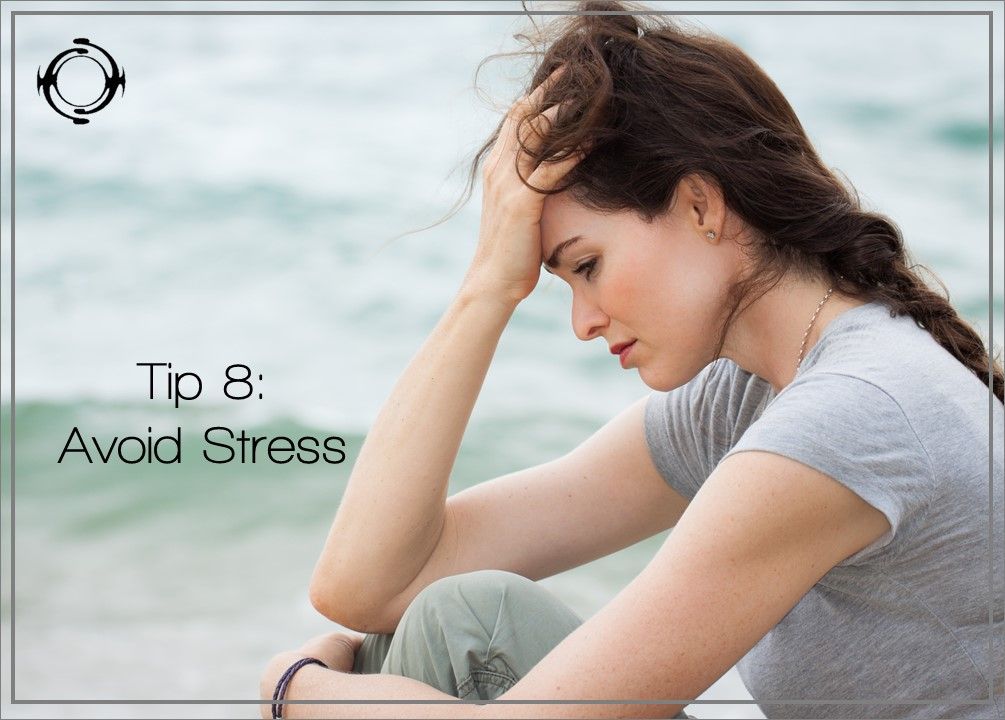
Tip 8: Avoid Stress
The daily stress we
experience in our life is the modern-day equivalent of our body going into prolonged
fight or flight mode. When our body goes into flight or flight mode, one thing
that happens is that it releases the stress hormone, cortisol.
When cortisol
remains high for a prolonged period of time it encourages a process known as
glycation to take place. This is a stress effect on the skin which damages
collagen (needed to keep skin plump and healthy) and increases the appearance
of fine lines and wrinkles.
Prolonged increased levels
of cortisol will also cause a decrease in the hormone dehydroepiandrosterone
(DHEA) which is also referred to as the anti-aging hormone. When we are young
our levels of DHEA are high but as we begin to enter our 20’s (and older) our
levels of DHEA start to diminish. So as we age we want to encourage our DHEA to
remain as high as naturally possible for as long as possible.


